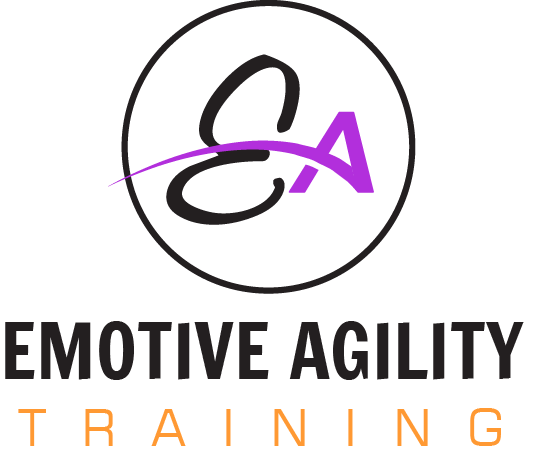Finding My Own Voice (Literally) After Vocal Surgery
Today I’m sharing a very personal story describing why I’m so passionate about body language and the power it holds to shift your emotions.
When I was 17 and playing the role of Dolly in my high school musical (Hello Dolly, that's me...all dolled up) when I found out I had to have vocal surgery to remove nodules, which are like calluses, from my vocal cords. Back then some might say I was LOUD. (I’d rather say I was very vocally active.) I was singing and talking all the time.
I’d lose my voice even after a 1-hour conversation. I ended up sort of sounding like a smoker or someone who had a late night out every night - neither of which was the case!
If a lack of confidence is keeping you from moving forward in your career or relationships, it’s not “just the way you are,” and it’s not “all in your head.”
How do I know? I spent years of my life extremely self-conscious of how I expressed myself.
Vocal Surgery
I had to have a YEAR of vocal therapy before surgery to learn to support my voice and speak in a way that wouldn’t cause the nodules to come back. Learning how to speak in a brand new way involved many tedious exercises, like sitting in front of a mirror with a flashlight in front of my mouth to observe my muscles as I made a sound!
Why me?
I asked my speech pathologist why this happened to me. I knew this wasn’t a condition I caught or that I was born with. I found out it was directly created by my physical habits and the way that I spoke…more like a sports injury. Okay, but I couldn’t be the only person who liked to talk a lot, right?! So what was it about me and my manner of speaking? She diagnosed me with two “syndromes” that I never expected: She called them ETP & NGE.
Eager to Please
ETP stands for Eager to Please. When I would talk I would stick my neck out as if I were trying to get approval, and that would cut off the air in my throat and put pressure on my vocal cords.
Not Good Enough
NGE stands for Not Good Enough. Also, I had a tendency to breathe from high in my chest as if I always thought I could be doing more [and what that did was cut off my air flow] so I couldn’t support my speaking voice.
In fact, she was right. I did feel like this frequently - maybe constantly. My lack of confidence came across in the way I spoke and was causing physical damage to my voice! The fortunate thing about this difficult experience is it called attention to qualities in myself that were really holding me back in my life. In the process of healing my voice, I ended up learning a physical way to transform my confidence from the outside-in.
Reversing ETP - I worked on my posture: Drawing my neck back and aligning it with my spine.
I noticed that when just by speaking from that position, other people took me more seriously.
Therefore, I gradually started to take myself more seriously and became less dependent on what others thought of me.
Reversing NGE - I worked on my breathing patterns: Breathing lower in my diaphragm to support my voice
When I spoke in that way, I noticed that other people responded to me as if they had more respect for what I was saying.
As a consequence, in turn, I started to FEEL more respect for myself.
So, by correcting my muscular patterns, I was actually reprogramming emotional habits that were not serving me well.
This experience forced me to make a conscious choice about HOW to express myself in every moment.
Still, it took me a long time before I could speak in a voice that felt authentically mine. I had to quite literally find my own voice.
This inspired me to pursue degrees in psychology and theater, and research method where actors trained physically to express emotions. I became certified in Emotional Intelligence assessment and in the science of body language.
My Emotive Agility training system integrates all of the above disciplines and a theater concept called rasa. Now I use it to coach entrepreneurs and professional women to become athletes of emotion so they can perform well during the conversations and presentations that shape the direction of their careers.
To learn more about Emotive Agility and weekly tips on body language, theater-for-everyday-life, and emotional intelligence like the Emotive Agility Training Facebook page here.

